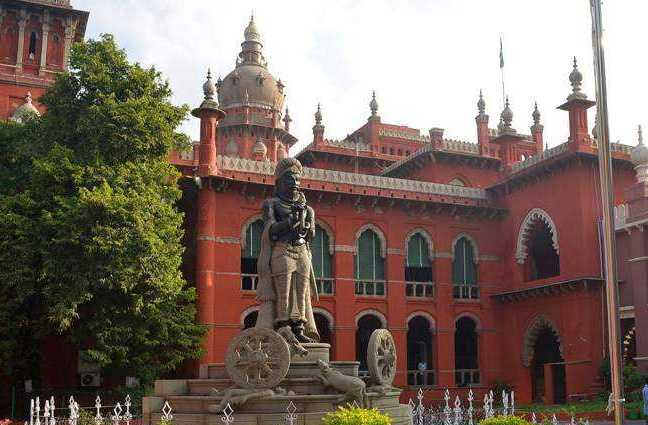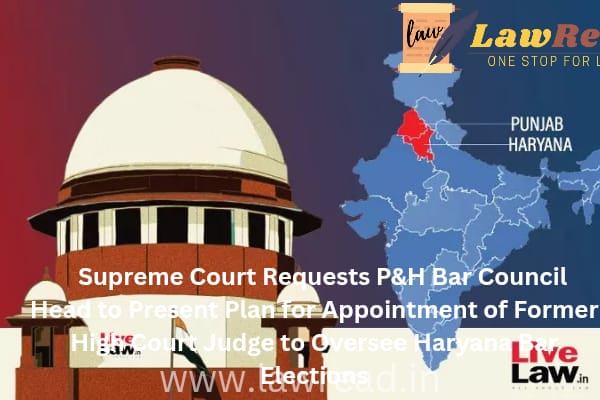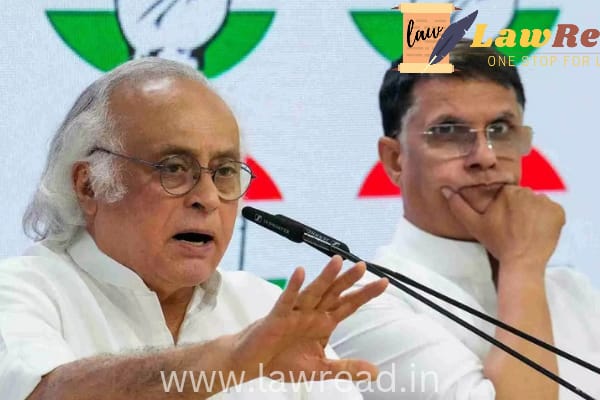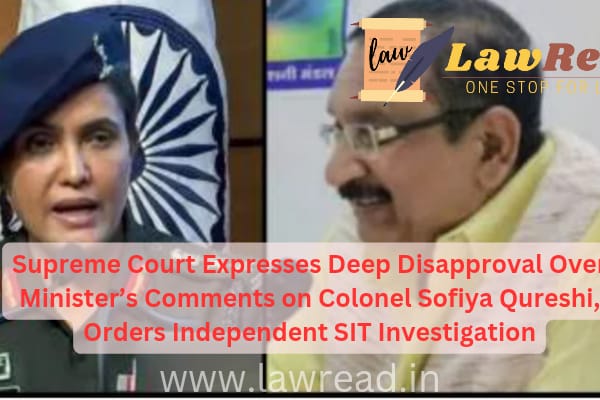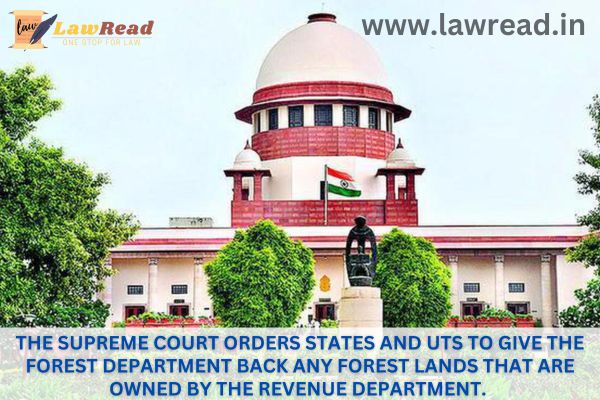News
The Supreme Court will determine whether an accused person should be given grounds for arrest even for IPC offenses.
The highest court noted that its rulings were being abused since defendants accused of IPC offenses were filing writ petitions rather than bail petitions, claiming that the grounds for arrest had not been provided.
.jpg)
The Supreme Court has noted that accused people are abusing its recent rulings requiring the provision of grounds for arrest to those charged under specific statutes such as the Prevention of Money Laundering Act (PMLA) to claim these rights, even in cases involving blatant violations of the Indian Penal Code (IPC). [State of Maharashtra v. Mihir Rajesh Shah]
The accused in IPC matters were using the lack of a foundation for arrest as an excuse to file writ petitions before High Courts rather than bail petitions, according to a bench of Justices BR Gavai and AG Masih.
The Court emphasized that there must be a distinction made between the grounds for arrest for offenses under the IPC and those under specific statutes.
"We do not want machines to abuse their authority, nor do we want those who have been accused to exploit some of our observations in order to get an advantage under Section 438 or to fall under Article 226 in its entirety. "The question is whether someone should be granted the benefit of the grounds of arrest issue if they are caught red-handed,"
Justice Gavai stated.
He emphasized the importance of differentiating between the grounds for arrest under the Prevention of Money Laundering Act (PMLA) and those related to offenses under the Indian Penal Code.
Yes, the grounds for arrest are understood, regardless of whether there is a predicate offense or not, whether tainted money is utilized, etc. However, when IPC violations occur, for example, if someone is found in possession of 100 kg of ganja, the police will say, "I will go to the station and give grounds of arrest and arrest later." Considering this, Article 226 is submitted, stating that there are no grounds provided, thus I should be released. The Court stated that no bail pleas were being submitted.
In order to do this, the Court formulated the subsequent two inquiries for consideration:
1. Is it always required to give the accused grounds for arrest, either prior to or immediately following an arrest, even in cases where there are IPC offenses?
2. Is it impossible to provide the grounds for arrest either before or after an arrest in extraordinary circumstances owing to certain exigencies? Will an arrest be void in certain situations because Section 50 of the Criminal Procedure Code (CrPC) was not followed?
According to Section 50 CrPC, any police officer or other anyone who makes an arrest without a warrant must immediately inform the person of the specific offense for which they are detained as well as any additional justifications.
A number of petitions were being heard by the court, one of which was submitted by Mihir Shah, the defendant in the July 2024 BMW hit-and-run case in Worli that ended in a woman being crushed beneath the wheels.
The defendant had maintained that he was not given reasons for arrest prior to his arrest or when he was arrested on July 9 of last year.
He maintained that this was in violation of the ruling in the Pankaj Bansal case by the Supreme Court, which was later expanded to include offenses under the Prabir Purkayastha Unlawful Activities Prevention Act (UAPA).
Shah was represented by Senior Advocate Abhishek Manu Singhvi, who contended that the law shouldn't be rendered unnecessary in a "hard case" like this.
You'll be shocked to learn how frequently there are no valid reasons for an arrest. It is a poisonous idea to make an arrest only because there is murder, Singhvi stated.
As the amicus curiae, advocate Shri Singh emphasized the need to distinguish between offenses under special statutes and ordinary crimes.
In a related case, Senior Advocate Vikram Chaudhari, however, argued that the law established in Pankaj Bansal is the law of the land under Article 141 and is not limited to PMLA.
The Court used the example of someone who killed ten people and then said that they needed to provide reasons for arrest before they could be taken into prison.
Yes, we are responsible for resolving difficult issues. Our opinions are being completely misapplied. The Bench screamed, "What do we do if someone kills ten people in the Supreme Court?"
In the end, the Court stated that it was sending out notice in order to resolve the legal dispute.
"We are not inclined to issue notice but (will issue) notice only to settle the legal position," the judge stated.
In a linked plea, attorney Karl Rustomkhan argued that Article 22 guarantees the grounds for arrest.
In the Prabir Purkayastha case, the court determined that the wording employed in Articles 22(1) and 22(5) pertaining to the provision of reasons for arrest is equivalent. According to the Court, such a right is unalienable and cannot be violated, Rustomkhan contended.

